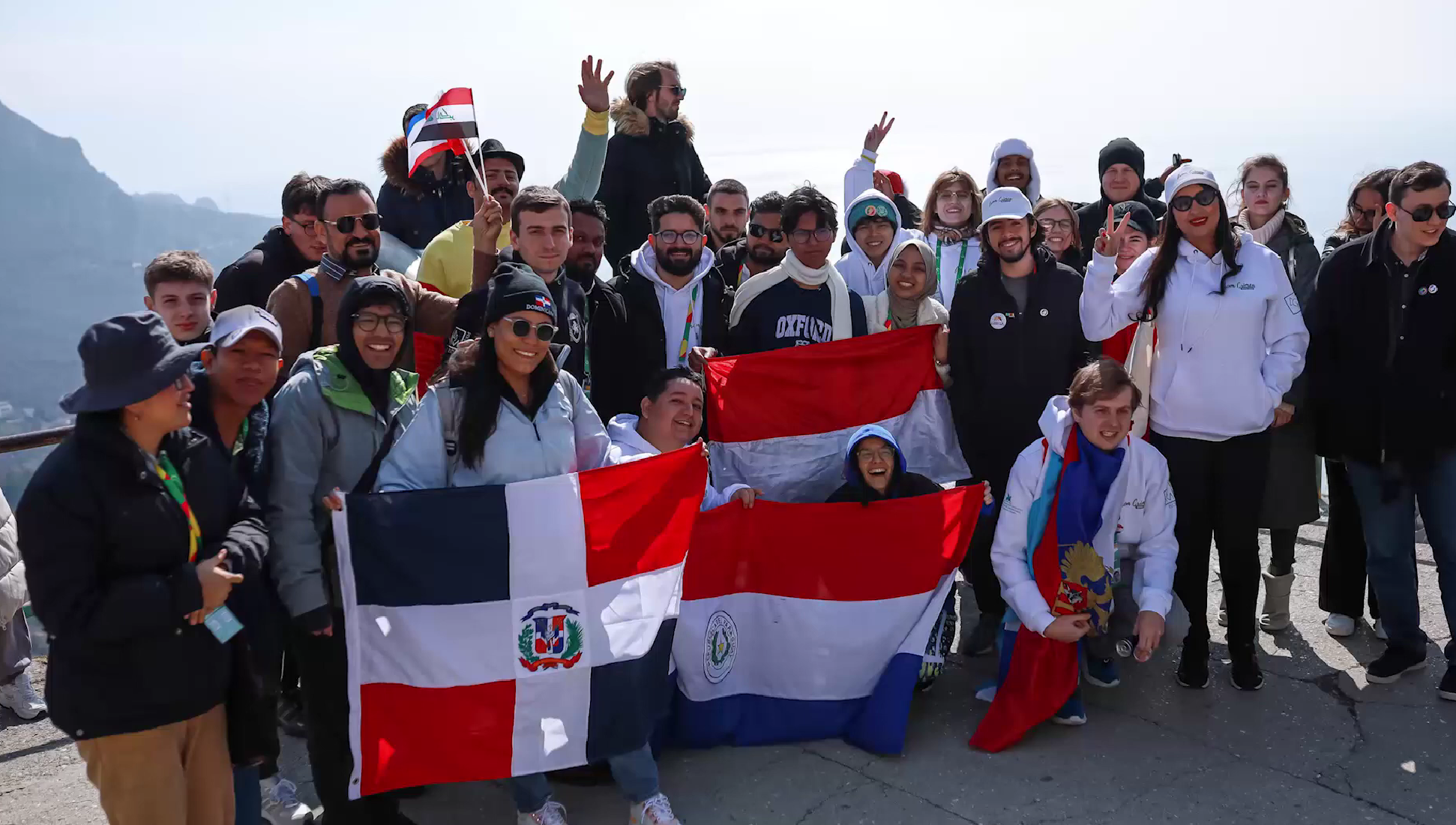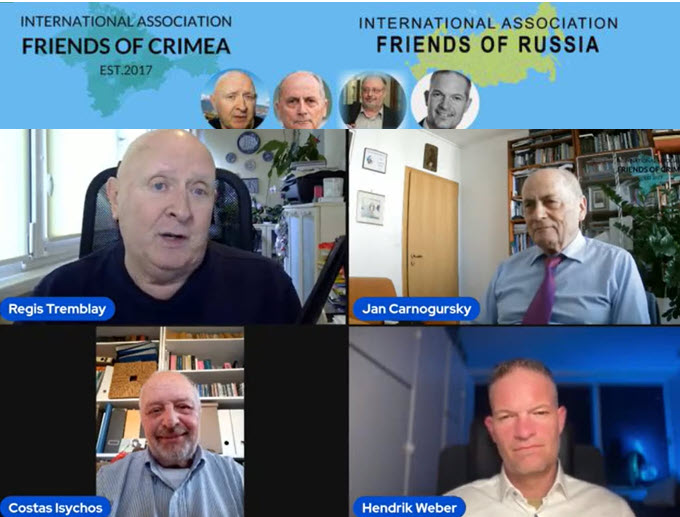
Big Questions for Regis Tremblay
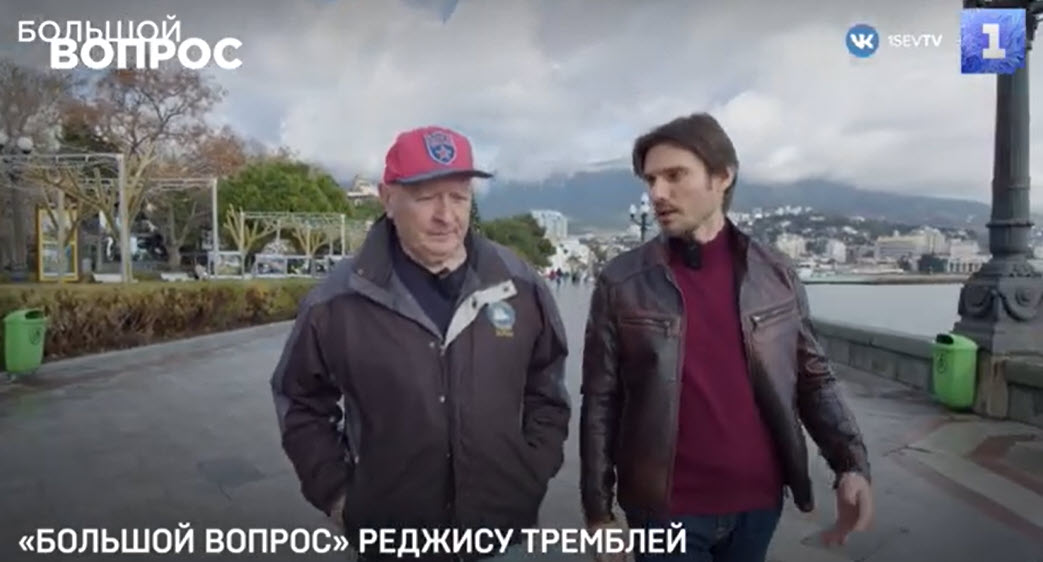
Regis explains that he was initially invited to Ukraine to document the second anniversary of the tragedy at the Trade Unions House in Odessa, where many people were killed. He then participated in the Immortal Regiment march in Moscow and visited St. Petersburg before coming to Crimea to learn the truth about its return to Russia in 2014. Tremblay states that he wanted to continue using his films and videos to show the truth about Russia and Crimea to the American people. He also mentions the beauty and rich history of Yalta, where he now resides. Due to the risk of arrest in the United States for his work, Tremblay plans to stay in Russia for the rest of his life and hopes to eventually obtain Russian citizenship. He explains that while it would be too expensive and difficult for his children to visit him, they communicate through video chats.
The speaker discusses the American perception of Russia and the challenges he faces in trying to show the truth about Russia to the American people. He mentions that most Americans believe the media's portrayal of Putin as a hired criminal and dangerous individual, which affects their views on Russia. However, he emphasizes that his work is aimed at showing a different perspective and truth about Russia to a wider audience. The speaker also shares his concerns about returning to the US due to laws that consider speaking against the government's official viewpoint as a crime, citing examples of journalists like Julian Assange who have faced imprisonment. While he is open to the idea of political asylum, he ultimately wants to continue living and creating content in Russia to show the reality of the country to the American people. The speaker further criticizes the US foreign policy towards Russia, stating that it aims to destroy and dismantle Russia to exploit its resources, using propaganda to create a negative image of Russia.
Regis Tremblay discusses the issue of human rights violations and the revival of Nazism in Ukraine, which he sees as a dangerous threat to the US and the world. He highlights the loss of millions of Russian lives in World War II, emphasizing that it was the Soviet Union that ultimately won the war against Nazi Germany. Tremblay points out the concerning presence of neo-Nazism in Ukraine, such as the Azov Battalion and Right Sector, and questions why the United States supports them against Russia. He also expresses his worries about the potential for a nuclear catastrophe, given the proximity of US military bases and missile deployments around Russia, and the capability of American bombers to carry nuclear weapons. Tremblay asserts that the situation in Ukraine is not a proxy war, but a real conflict between the US and Russia, and criticizes the US for spending billions of dollars and deploying troops to Ukraine instead of focusing on its own military and security.
The speaker discusses the danger of nuclear war and his activism against it. He shares that many, including Putin, Lavrov, and General Gerasimov, have warned America about this danger. While a direct confrontation between American and Russian forces on a large scale is unlikely, there is a high possibility of a nuclear confrontation. The speaker highlights the importance of raising awareness about the danger of nuclear weapons, as many people are unaware of how precarious the situation currently is. The speaker also talks about the historic opportunity missed by Reagan and Gorbachev to eliminate nuclear weapons and expresses hope that nuclear war can be prevented, although he acknowledges the difficulties in changing the current trajectory. The speaker further mentions his film "Ghosts of Jeju," which focused on the protests of South Korean citizens against the construction of an American military base and the brutal violence inflicted on them by the government.
Regis Tremblay discusses the importance of the film "Ghosts of Jeju" and its relevance today. He highlights how the United States has historically used overwhelming force against indigenous peoples who rise up against their government, and how this continues to happen around the world. Tremblay mentions examples such as Iraq, Syria, Libya, Ukraine, and Donbass, where indigenous peoples are suppressed by the US with deadly force. He emphasizes that countries are now resisting colonialism and imperialism, as seen in Africa with countries freeing themselves from colonial rule. Tremblay suggests that the only solution lies in mass, nonviolent protests and resistance against governments controlled by the global elite. He believes that the perception of American imperialism and totalitarianism is changing worldwide, and alternative models, such as the BRICS countries and other nations that prioritize international law, sovereignty, and equality, are emerging as a way to govern the world.
Why countries like Russia and China are avoiding the use of the US dollar, stating that it represents totalitarianism and they want to avoid that. Instead, they want to organize a new multipolar world order, which is supported by mass non-violent protests worldwide, as well as the BRICS movement. The speaker believes that this combination of factors could lead to a critical mass that can change the system and avoid nuclear confrontation. On the topic of sanctions, the speaker explains that while Western countries, particularly the US, believe that Russia is isolated due to sanctions, they have actually made Russia stronger and more innovative. In Crimea, people have become incredibly resourceful and the government has invested billions in infrastructure, such as roads, water supply, and hospitals. The speaker personally does not feel the effects of sanctions in his daily life in Crimea, as people can still buy what they need without difficulty. However, he highlights the negative impact of sanctions on Western and Eastern Europe and America, which have suffered from inflation, unemployment, bankruptcies, and rising prices. The speaker suggests that America needs to wake up and realize that their external policies of war and sanctions have backfired and weakened them.
Watch the interview (in Russian)
Crimea Digest
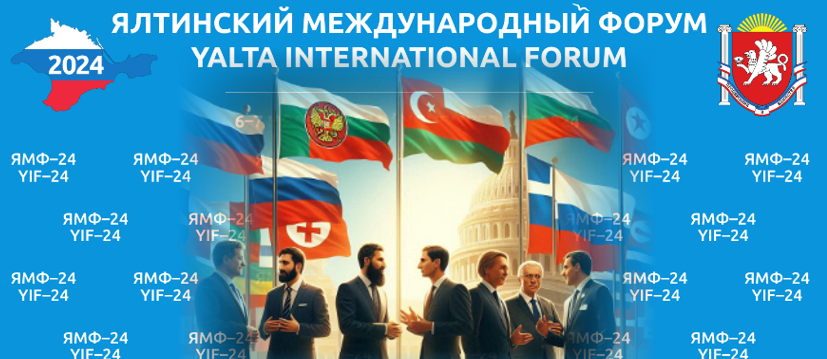

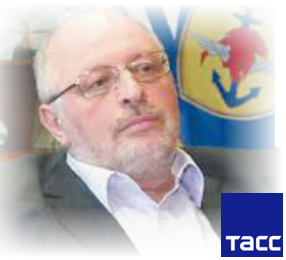
Russia can play a historic role in ensuring peace and equality, which humanity so desperately needs
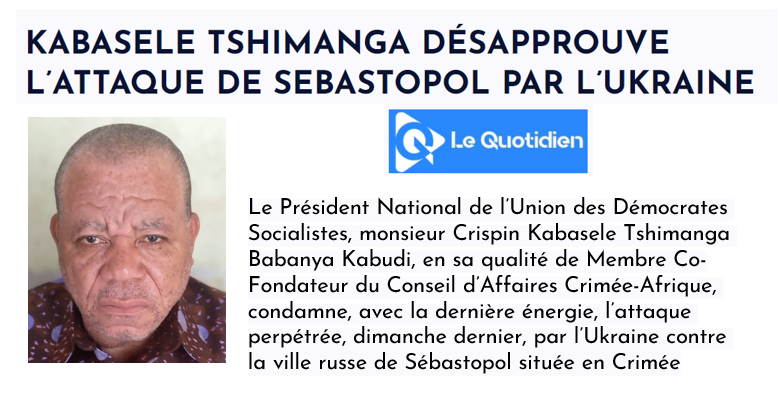

The founder of the Friends of Crimea Tremblay called the strike on Sevastopol barbaric
